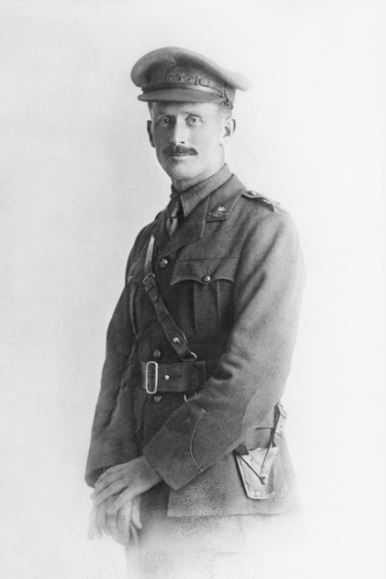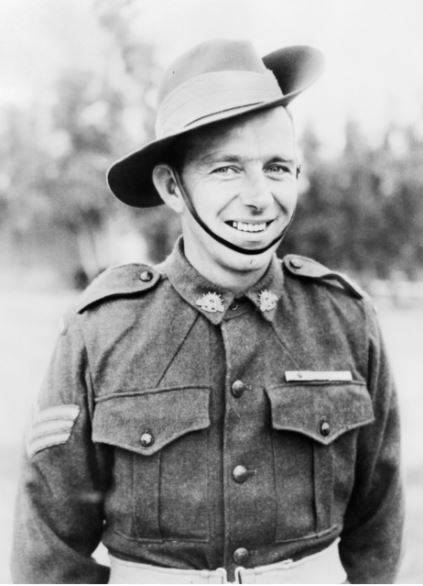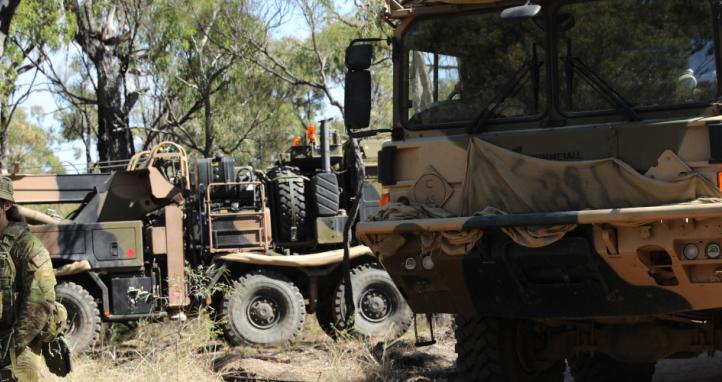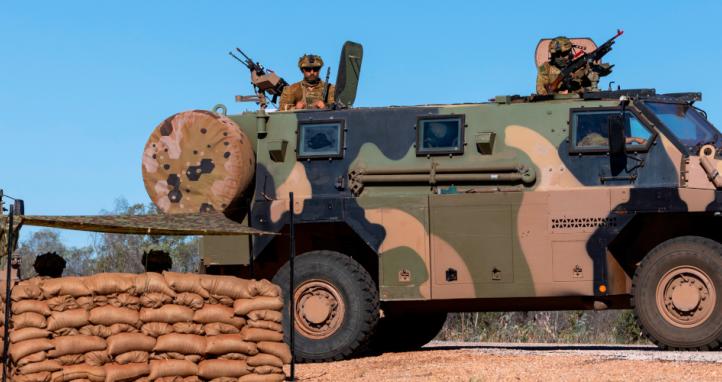Lieutenant Charles Pope VC (1883-1917, 34yo)

Charles Pope was born in Mile End, London, on 5 March 1883. After finishing school, he emigrated to Canada and worked for the Canadian Pacific Railways. In 1906, he returned to London and joined the Metropolitan Police Force, serving with the Chelsea Division. Four years later, Pope left the police and migrated to Australia, where he held various jobs around Perth.
He enlisted in the Australian Imperial Force on 25 August 1915 and was commissioned as a Second Lieutenant with the 18th Reinforcements for the 11th Battalion the following February. He joined the battalion in France in December 1916 and was promoted to Lieutenant later that month.
On 15 April 1917, during the fighting at Louverval, Pope was placed in command of a picquet post with strict orders to hold the position at all costs. His post came under heavy attack and was eventually surrounded by German forces. As ammunition ran low, Pope requested resupply, but the ammunition party was unable to reach them. Determined to resist, he ordered a charge against the enemy. Though he and his men were overpowered, their bodies were later found among 80 German dead—testament to their fierce defence. For his bravery, Charles Pope was posthumously awarded the Victoria Cross.
Corporal Reginald Roy Rattey VC (1918-1986, 67yo)

Reg Rattey was born in Barmedman, New South Wales on 28 March 1917. After finishing school, he worked on his father’s farm and as a miner, while also serving in the part-time militia with the 21st Light Horse Regiment. On 10 July 1942, he volunteered for the Australian Imperial Force and was posted to the Queensland Lines of Communication Area.
In 1943, Rattey transferred to the 3rd Division Carrier Company and later deployed to New Guinea in September that year, where he was made Acting Corporal. His promotion to Corporal was confirmed following his return to Australia in April 1944, and in June he joined the 25th Infantry Battalion, which was redeployed to New Guinea the following month.
From 19 March to 5 April 1945, the battalion was engaged in fierce combat in Bougainville, particularly at Slater’s Knoll near the Puriata River. On 22 March, under intense enemy fire, Rattey led a daring assault against entrenched Japanese positions. Firing a Bren gun from the hip, he advanced on a Japanese weapon pit, neutralising it with a grenade. He repeated this bold tactic to silence two more positions, and later, when the advance stalled again, he charged another machine-gun post, killing one enemy soldier, wounding another, and forcing the remainder to retreat. For his extraordinary bravery, Rattey was promoted to Acting Sergeant two days later and awarded the Victoria Cross in July 1945.
He was later hospitalised with malaria and subsequently discharged on compassionate grounds. Reg Rattey passed away on 10 January 1986 in West Wyalong and was laid to rest in the local cemetery.
Last Reviewed 06/2025









